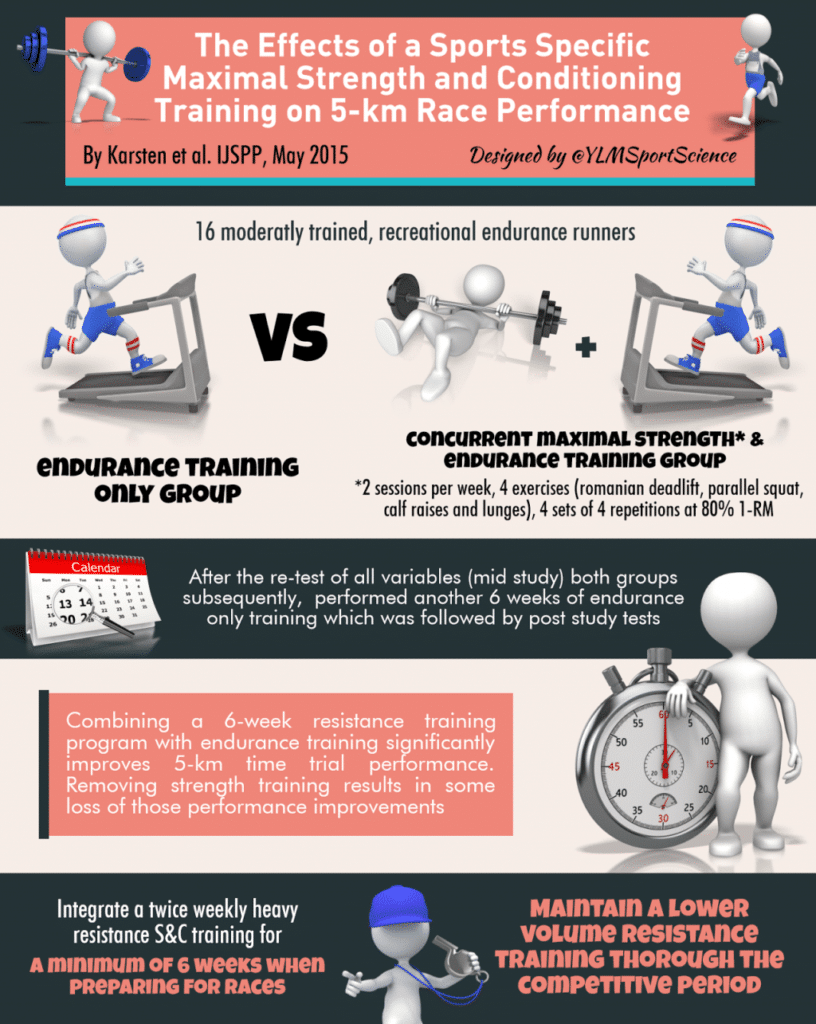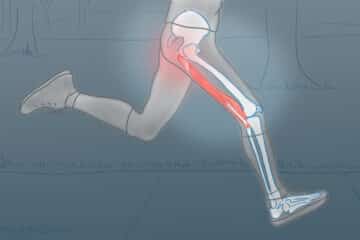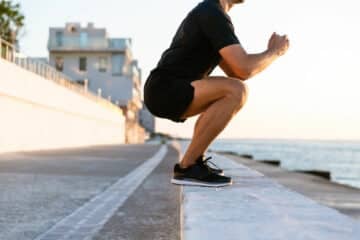
There are very few runners who are satisfied with their race times. Many are “training” … but as we know, most runners will not train properly. Most focus solely on running, and then mostly on volume training, with very little intensity work. This microblog will focus on the non-elite runners I see every weekend at various races who are looking to improve their performance.
Simply put… most runners train too fast and too often. They believe that volume is the key to success. Not true.
Most runners fail to put in enough base training… or zone 2 heart rate training. It takes months to build a base. It is well worth the effort. Once base training is complete, the runner needs to start to mix up their runs if they plan on improving their times. Early on in a runners career an increase in volume will improve their performance. No one will argue that. But once a runner is seasoned, that improvement will plateau and fall off. It will become very difficult to increase volume after a while. You will run out of time, and increase risk of stress injury. The answer for most is intensity training. Now, each runner is unique. Each runner’s body will respond differently to various types and frequency of intensity training. The serious runner needs to consider tools such as heart rate variability to assess their readiness for intensity training. Cross training once a week eg. cycling is a great way to improve your aerobic fitness.
Intensity training can be runs at or just above your anaerobic threshold. IF you run “hard” for 30 minutes with a heart rate monitor on a few occasions then your average heart rate will be very close to your threshold. Remember that number. Long slow training runs should be a zone beneath that… and intensity runs should be at or slightly above it. You should never be training in zone 5 (maximum heart rate).
Intensity runs should be performed at least once per week… often times it should be twice a week. But you need to know how to assess your bodies response and receptiveness to intensity training. Your goal is to improve your VO2 max.
Next is weight training… sports specific weight training leads to an improvement in your performance. Squats, lunges, hip extension (posterior chain), plank ( core) and other exercises will improve your race times, and your training times.














